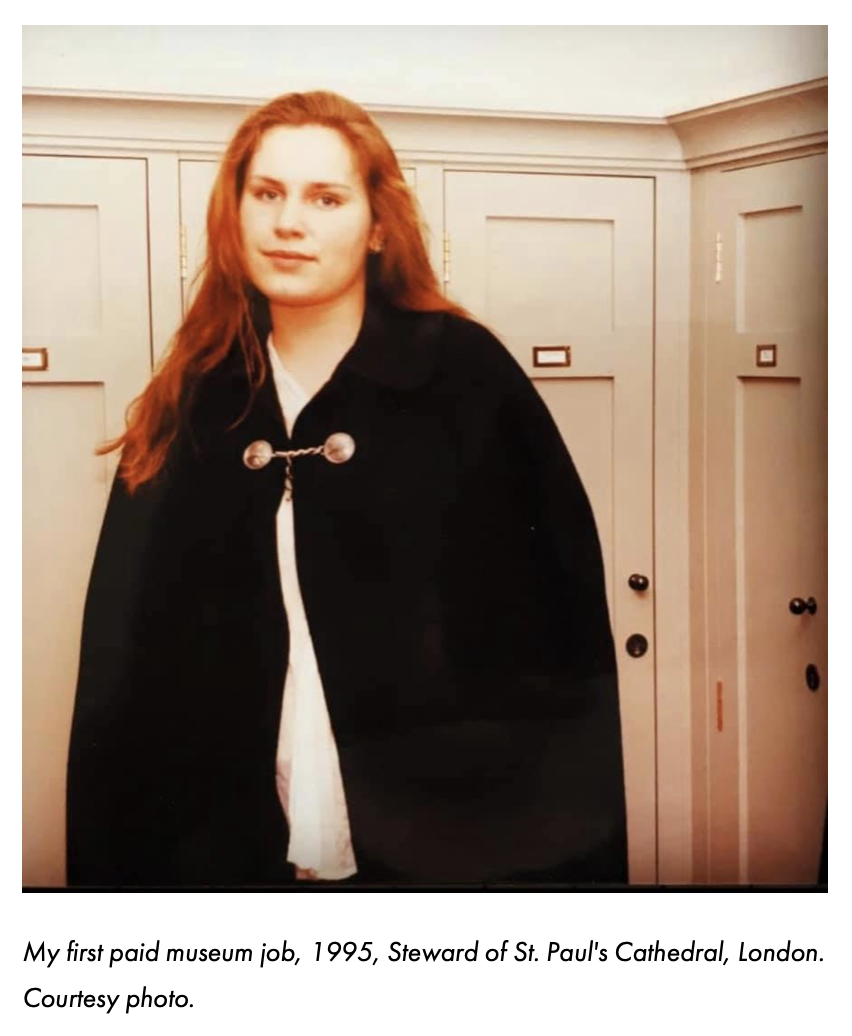The Power of Mentorship...a blog by Bethany Groff Dorau
I met Susan Edwards, retired executive director of this venerable museum, many years ago when I interviewed for a job with the Trustees of Reservations. I remember almost nothing about that interview except that Susan called me afterwards, not to offer me the job, but to tell me, gently and with great kindness, that I was not ready.
She was right, of course, and shortly after that interview, and having taken her advice, I returned to Historic New England where I remained for twenty more years. I keep that conversation in mind when I interview young, enthusiastic candidates for any position. Susan did not tell me to go get an unpaid internship or volunteer at four different organizations, hoping that someday I could get my foot in the door. She never assumed for a moment that I was working for pin money or spiritual sustenance alone.
For much of the past century, museums have treated the few at the top, the celebrity curators and directors, as professionals. These were often men, in a field that, throughout its history, has been overwhelmingly female.
Often, women were presumed to be supported by a spouse or family member, and it was also assumed that the work they did, including highly skilled research, was for fun, an appropriate pastime for (overwhelmingly white) women of a certain class.
We, as a field, owe these women a debt of gratitude, as many of the homes, objects, and archival sources we rely on today would have been lost without them, but their legacy also means that for decades, many museums assumed a level of privilege in their employees and paid (or didn’t) accordingly.
Many museum professionals from diverse economic backgrounds find it nearly impossible to remain in the field and earn a living wage.
Those of us who are not independently wealthy owe a different kind of gratitude to those women, like Susan, who understand that we cannot feed and clothe ourselves with the sheer joy of working in a museum. What Susan, and several other important women in my life, offered me, was mentorship. Whenever she could, she opened a door.

